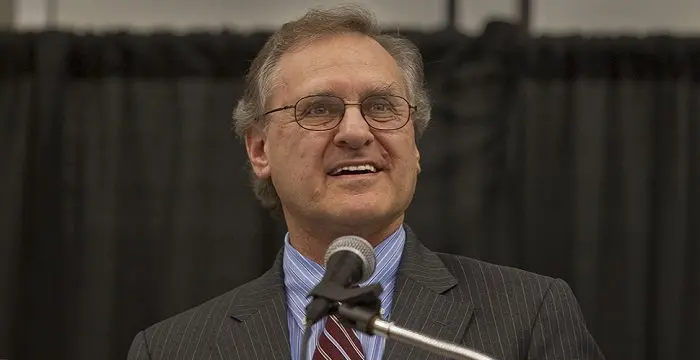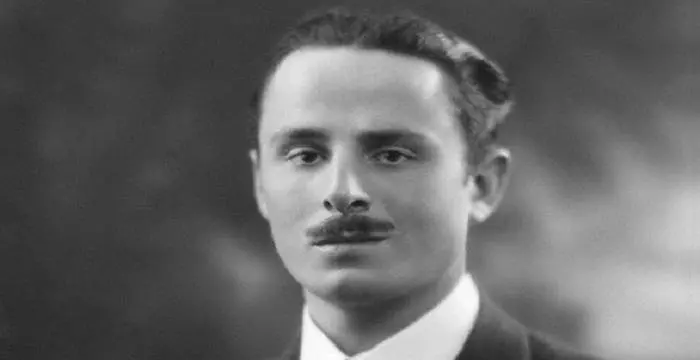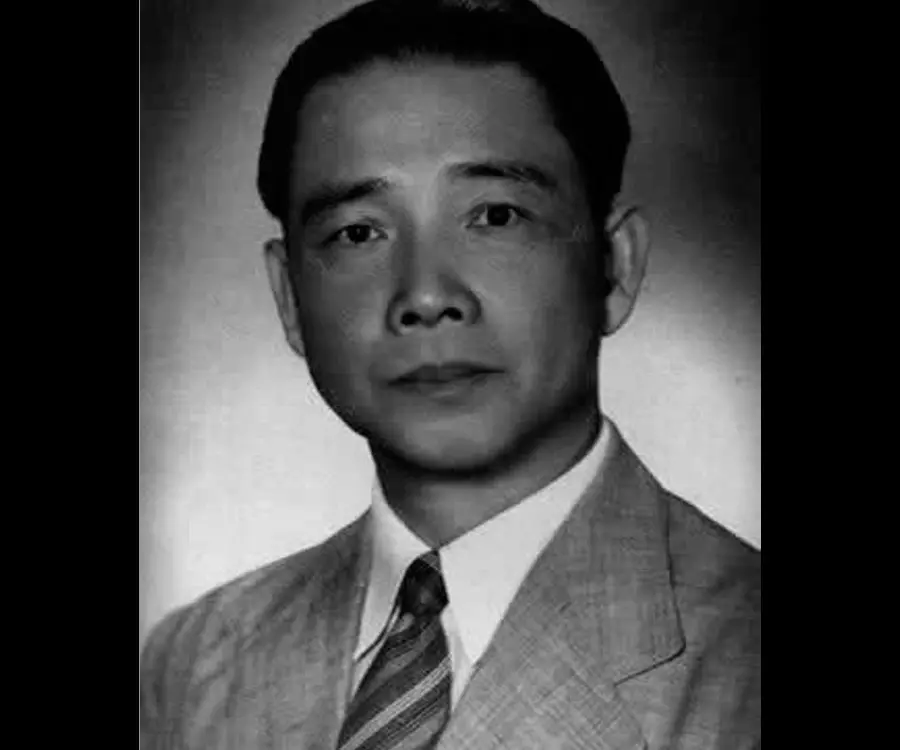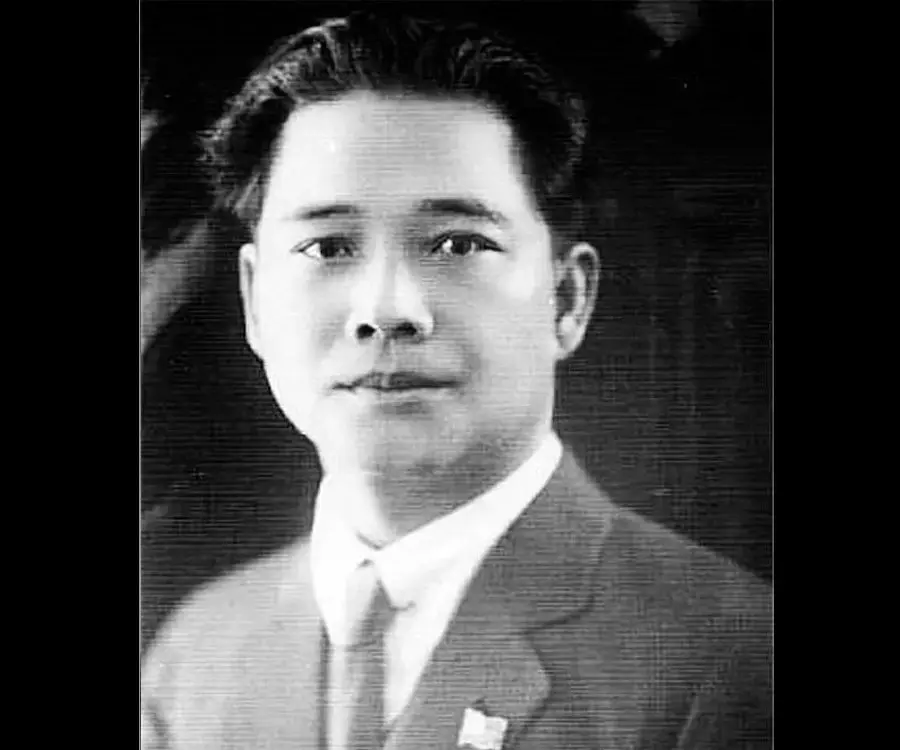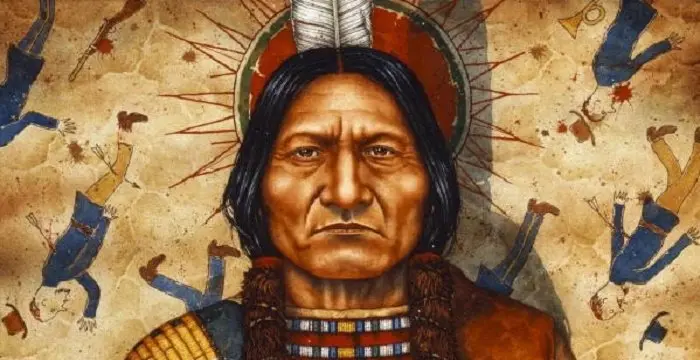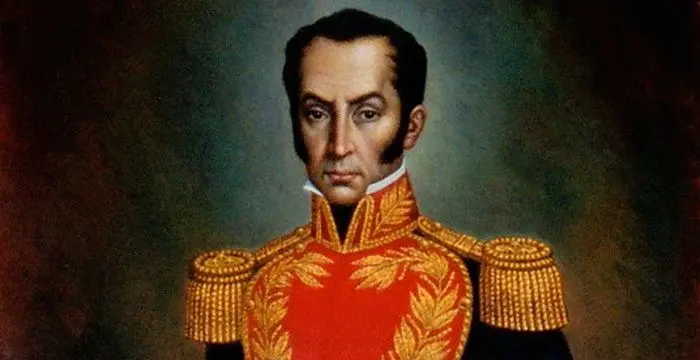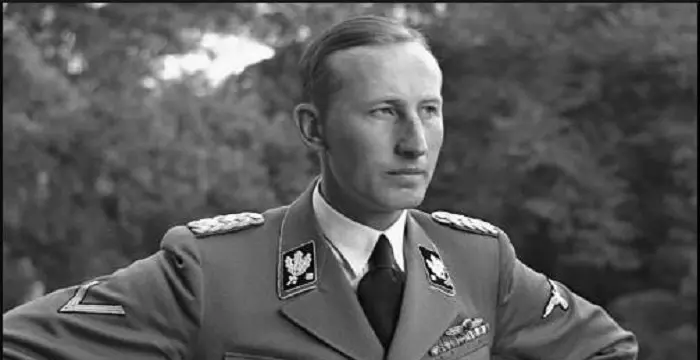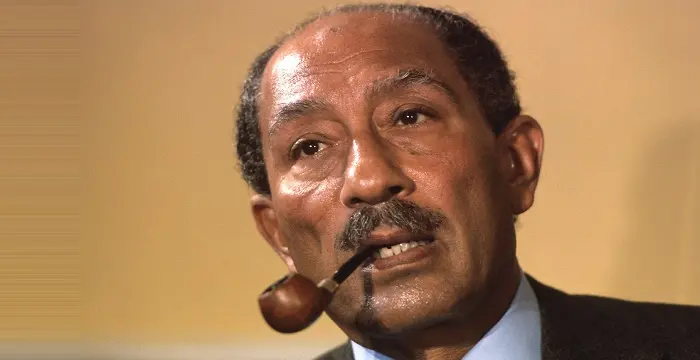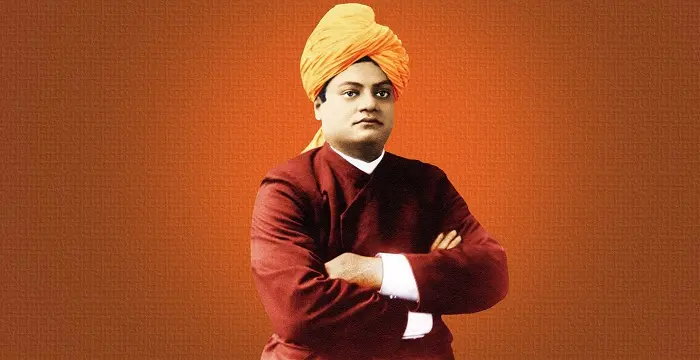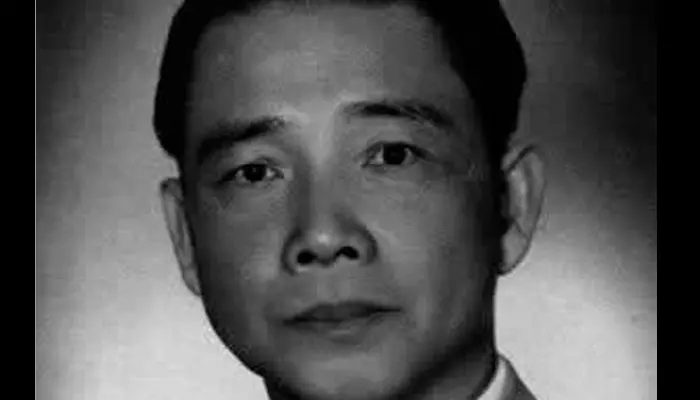
Wang Jingwei - Politician, Facts and Personal Life
Wang Jingwei's Personal Details
Wang Jingwei (Wang Ching-wei) was a Chinese politician, initially a member of the left wing of the Kuomintang (KMT), but later became an anti-communist
| Information | Detail |
|---|---|
| Birthday | May 4, 1883 |
| Died on | November 10, 1944 |
| Nationality | Chinese |
| Famous | Leaders, Political Leaders, Military Leaders, Miscellaneous, Diplomats, Politician |
| Spouses | Chen Bijun |
| Known as | Wang Ching-wei, Wang Zhaoming, Wang Chao-ming |
| Childrens | Wang Wenbin Jingwei, Wenjin Jingwei, Wenti Jingwei, Wenxing Jingwei, Wenxun Jingwei |
| Birth Place | Sanshui, Guangdong, Qing Dynasty, China |
| Gender | Male |
| Sun Sign | Taurus |
| Born in | Sanshui, Guangdong, Qing Dynasty, China |
| Famous as | Politician, Diplomat |
| Died at Age | 61 |
// Famous Politician
Sebastian Coe
Sebastian Coe is a British former track and field athlete turned politician. This biography of Sebastian Coe provides detailed information about his childhood, life, achievements, works & timeline.
Stephen Lewis
Stephen Lewis is a Canadian politician, broadcaster, diplomat and professor. This biography profiles his childhood, career, works, life, achievements and timeline.
Oswald Mosley
Sir Oswald Ernald Mosley was a British politician known for his pro-fascist beliefs. This biography profiles his childhood, family, personal life, opinions, career, etc.
Wang Jingwei's photo
Who is Wang Jingwei?
Wang Jingwei (Wang Ching-wei) - the mere mention of the name evokes strong emotions for the ones who are well aware of Chinese modern history. Whether he was a revolutionary or a traitor, or a patriot, is still debated. He was a Chinese politician, who worked in close association with the right wing nationalist leader Sun Yat-sen in early parts of his political career, and became head of the regime in late 30s to govern the Chinese land dominated by the Japanese. He was initially a member of the left wing of the Kuomintang (KMT), but later became an anti-communist. His political ideals and thoughts turned to the right later after he joined the Japanese. His anti-Qing pursuits landed him in the jail, due to an assassination attempt on Prince of Chun, but once he got out of the prison, he became an icon. His writing skills helped him take his words to far corners and he ended up becoming an unquestionable leader. His close association with Japanese stemming from his lifelong rivalry with Chiang Kai-shek earned him the shameful tag of a traitor but Wang didn’t care and did what he believed was right. Not a single Chinese historian denies his magnificent role in the Xinhai Revolution, and yet, his love for China is questioned on the basis of his loyalty to imperial Japanese government. He led a life of aggression, political instability and utter chaos, and yet, wrote poetry about love, life and one’s love for their nation.
// Famous Military Leaders
Sitting Bull
Sitting Bull was a Teton Dakota Indian chief who led Sioux tribes in their struggle for survival on the North American Great Plains.
Simon Bolivar
Simón Bolívar was a Venezuelan military leader who was instrumental in independence of several Latin American countries from the Spanish rule. This biography profiles his childhood, life, achievements and timeline.
Reinhard Heydrich
Reinhard Heydrich was a high-ranking German Nazi official during the World War II. Check out this biography to know about his childhood, family life, achievements and other facts about his life.
Childhood & Early Life
Wang Jingwei was born Wang Zhaoming (Wang Chao-ming) on 4th May 1883 in Sanshui, Guangdong, China and finished his early education from his homeland. He excelled in studies, and travelled to Japan in 1903 for further education, and ironically, his education overseas was sponsored by Qing dynasty, which he would later come to despise.
Wang couldn’t keep himself engaged with studies and showed interest in politics, and abhorred the western exploitation of Chinese resources. He was against the Qing Dynasty for being too weak to scare off the western powers and joined Tongmenghui in 1903 to fight against the Qing dynasty.
He met Sun Yat-sen in Japan and admired him enough to become his very close associate and served as his assistant. Meanwhile, he studied Russian Anarchism deeply and was a strong supporter of that.
Political Career
Wang Jingwei’s political aspirations started spiralling up as soon as he entered Japan and by the late 1910s, he became a solid advocate of Chinese nationalism, under the mentorship of Sun Yat-sen and gained prominence as a magnificent public speaker. His assassination attempt on Prince Chun in 1910 was considered an act of treason and he was sentenced to prison. However, he admitted in the court of law that he was misguided from his rage and felt guilty. This saved him from a life sentence and he got released in 1911.
Wuchang Uprising was at its peak during the time he was in prison, and once he was released, he was hailed a national hero. Once the foundation of Minguo (the republic) was laid down in 1912, Wang became closely associated with it. He was still a huge admirer of Sun Yat-sen and kept serving as his right hand man. Wang ended up writing the declarations and all the political programs for Minguo and when Sun died of cancer, Wang drafted his will in 1925. He became the central figure in the Guomindang party’s politics and got elected as the chairman of the Nationalist party.
The right wing members of the Nationalist Party followed Wang through his decisions and his hatred for western imperialism crossed Chinese borders with admiration and support from Japan. Communists started flowing in, in support of Wang but he despised them and ended up purging them in 1927. This led most of the left wing members of Nationalist Party join hands with Chiang, a rival to Wang.
Throughout this period, Wang remained vocal about his hatred towards communist agendas of his close allies and foes. He mentioned in several of his speeches and statements that a communist can never be a true patriot, the statement which led the communist left wing parties to start drifting towards Chiang, who himself was in the middle of purging communists. Chiang wanted the capital of Chinese Republic to be Nanjing, while Wang wanted it to be Wuhan. This difference in ideologies between two superpowers in China was termed as ‘Ninghan Separation’.
In mid 1927, Chiang was successful in taking hold of Shanghai and his mindful purging of the communists continued, which was more bloody than peaceful. His attempts to wipe out Wang’s party were partly successful as the leftist government got severely disintegrated and Chiang rose as the only leader of the newly formed Republic. Wang wasn’t disheartened and joined hands with several anti-Chiang movements to destroy him, but he remained unsuccessful, yet ended up earning admiration from Chiang.
Although Wang was still anti-Chiang in his sensibilities, but it wasn’t the other way around quite as much and when he needed it, Chiang offered him a respectable spot in the government. However, their ideologies clashed more often than not, which led Wang to go on an exile. And when Wang went to Germany to see Hitler, Chiang realized his mistake and claimed that they both need to work together in alliance in order to prepare for the coming war with Japan.
Once again, their ideologies differed, Wang thought China was too economically poor to afford a war with Japan and taking aid of the Soviet Union, the USA or Britain would end up in colonisation, which he wanted to avoid at any cost, while Chiang was ready for an all out war. The war erupted in 1937 and as expected, Japan ended up occupying a massive part of coastal China. Pessimism approached Wang and he declared a peace treaty with Japan on the grounds that the Asian powers need to regroup to abolish the growing influence of West.
Several attempts of Wang’s assassination were made by KMT, even when he went to Shanghai to make peace with the Japanese. In March 1940, he came up with his own party ‘Reorganized National Government of China’ and he mentioned Japan to be an ally and constantly praised its role in establishing peace in Asian regions. His contacts with German Nazis and Italian imperialists also caused a lot of disturbance back in China.
Death
A wound he suffered during an assassination attempt in 1939 kept Wang ill for the following years and when he went to Japan to get it cured, but he died from fever and pneumonia in November 1944, exactly a year before Japan surrendered in the Second World War. Wang was subsequently buried in Nanjing near the Sun Yat-sen Mausoleum. Chiang moved his capital back to Nanjing once Japan lost the war, and destroyed Wang’s grave. His remains were never found.
In 1964, after 20 years of his death, a document surfaced in Hong Kong titled ‘How I Feel in My Last Moment’, which was supposedly the last piece of writing by Wang, but its authenticity is debated.
Personal Life
Wang Jingwei married Chen Bijun and fathered six children. He was said to be a handsome, charming man who was honourable enough to never be disloyal to his wife, while many of his comrades did enjoy the company of women from time to time.
// Famous Miscellaneous
Jason Simpson
Jason Simpson is the son of former NFL running back, broadcaster and actor O. J. Simpson. Check out this biography to know about his childhood, family, life, and little known facts about him.
Melissa Brim
Melissa Brim is the ex-girlfriend of former professional boxer Floyd Mayweather Jr. Check out this biography to know about her birthday, childhood, family life, achievements and fun facts about her.
Joyce Meyer
Joyce Meyer is a Christian author and speaker. This biography provides detailed information about her childhood, life, achievements, works & timeline
Wang Jingwei biography timelines
- // 4th May 1883 To 1903Wang Jingwei was born Wang Zhaoming (Wang Chao-ming) on 4th May 1883 in Sanshui, Guangdong, China and finished his early education from his homeland. He excelled in studies, and travelled to Japan in 1903 for further education, and ironically, his education overseas was sponsored by Qing dynasty, which he would later come to despise.
- // 1903Wang couldn’t keep himself engaged with studies and showed interest in politics, and abhorred the western exploitation of Chinese resources. He was against the Qing Dynasty for being too weak to scare off the western powers and joined Tongmenghui in 1903 to fight against the Qing dynasty.
- // 1910 To 1911Wang Jingwei’s political aspirations started spiralling up as soon as he entered Japan and by the late 1910s, he became a solid advocate of Chinese nationalism, under the mentorship of Sun Yat-sen and gained prominence as a magnificent public speaker. His assassination attempt on Prince Chun in 1910 was considered an act of treason and he was sentenced to prison. However, he admitted in the court of law that he was misguided from his rage and felt guilty. This saved him from a life sentence and he got released in 1911.
- // 1912 To 1925Wuchang Uprising was at its peak during the time he was in prison, and once he was released, he was hailed a national hero. Once the foundation of Minguo (the republic) was laid down in 1912, Wang became closely associated with it. He was still a huge admirer of Sun Yat-sen and kept serving as his right hand man. Wang ended up writing the declarations and all the political programs for Minguo and when Sun died of cancer, Wang drafted his will in 1925. He became the central figure in the Guomindang party’s politics and got elected as the chairman of the Nationalist party.
- // 1927The right wing members of the Nationalist Party followed Wang through his decisions and his hatred for western imperialism crossed Chinese borders with admiration and support from Japan. Communists started flowing in, in support of Wang but he despised them and ended up purging them in 1927. This led most of the left wing members of Nationalist Party join hands with Chiang, a rival to Wang.
- // 1927In mid 1927, Chiang was successful in taking hold of Shanghai and his mindful purging of the communists continued, which was more bloody than peaceful. His attempts to wipe out Wang’s party were partly successful as the leftist government got severely disintegrated and Chiang rose as the only leader of the newly formed Republic. Wang wasn’t disheartened and joined hands with several anti-Chiang movements to destroy him, but he remained unsuccessful, yet ended up earning admiration from Chiang.
- // 1937Once again, their ideologies differed, Wang thought China was too economically poor to afford a war with Japan and taking aid of the Soviet Union, the USA or Britain would end up in colonisation, which he wanted to avoid at any cost, while Chiang was ready for an all out war. The war erupted in 1937 and as expected, Japan ended up occupying a massive part of coastal China. Pessimism approached Wang and he declared a peace treaty with Japan on the grounds that the Asian powers need to regroup to abolish the growing influence of West.
- // 1939 To Nov 1944A wound he suffered during an assassination attempt in 1939 kept Wang ill for the following years and when he went to Japan to get it cured, but he died from fever and pneumonia in November 1944, exactly a year before Japan surrendered in the Second World War. Wang was subsequently buried in Nanjing near the Sun Yat-sen Mausoleum. Chiang moved his capital back to Nanjing once Japan lost the war, and destroyed Wang’s grave. His remains were never found.
- // Mar 1940Several attempts of Wang’s assassination were made by KMT, even when he went to Shanghai to make peace with the Japanese. In March 1940, he came up with his own party ‘Reorganized National Government of China’ and he mentioned Japan to be an ally and constantly praised its role in establishing peace in Asian regions. His contacts with German Nazis and Italian imperialists also caused a lot of disturbance back in China.
- // 1964In 1964, after 20 years of his death, a document surfaced in Hong Kong titled ‘How I Feel in My Last Moment’, which was supposedly the last piece of writing by Wang, but its authenticity is debated.
// Famous Leaders
Edi Rama
Edi Rama is the current Prime Minister of Albania. Check out this biography to know about his childhood, life, achievements, works & timeline.
Tecumseh
Tecumseh was a Native American leader of the Shawnee clan. This biography profiles his childhood, life and timeline.
Khalifa bin Zayed Al Nahyan
Sheikh Khalifa bin Zayed Al Nahyan is the current President of the United Arab Emirates (UAE). Check out this biography to know about his birthday, childhood, family life, achievements and fun facts about him.
Anwar Sadat
Anwar Sadat was the third President of Egypt and has been awarded the Nobel Prize for his peace initiatives. To know more about his childhood, career, profile and timeline read on the following biography.
Leo Varadkar
Cam Leo Varadkar is the current Taoiseach—the Prime Minister—of the Republic of Ireland. Check out this biography to know about his childhood, family life, achievements and other facts about his life.
Swami Vivekananda
Swami Vivekananda was the chief disciple of Sri Ramakrishna, and was responsible for awakening India spiritually. Check this biography to know in detail about his life, profile and timeline.
Wang Jingwei's FAQ
What is Wang Jingwei birthday?
Wang Jingwei was born at 1883-05-04
When was Wang Jingwei died?
Wang Jingwei was died at 1944-11-10
Where was Wang Jingwei died?
Wang Jingwei was died in Nagoya
Which age was Wang Jingwei died?
Wang Jingwei was died at age 61
Where is Wang Jingwei's birth place?
Wang Jingwei was born in Sanshui, Guangdong, Qing Dynasty, China
What is Wang Jingwei nationalities?
Wang Jingwei's nationalities is Chinese
Who is Wang Jingwei spouses?
Wang Jingwei's spouses is Chen Bijun
Who is Wang Jingwei childrens?
Wang Jingwei's childrens is Wang Wenbin Jingwei, Wenjin Jingwei, Wenti Jingwei, Wenxing Jingwei, Wenxun Jingwei
What is Wang Jingwei's sun sign?
Wang Jingwei is Taurus
How famous is Wang Jingwei?
Wang Jingwei is famouse as Politician, Diplomat

